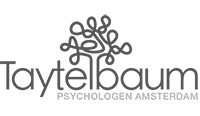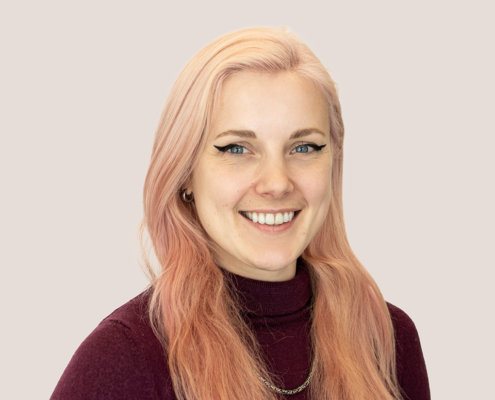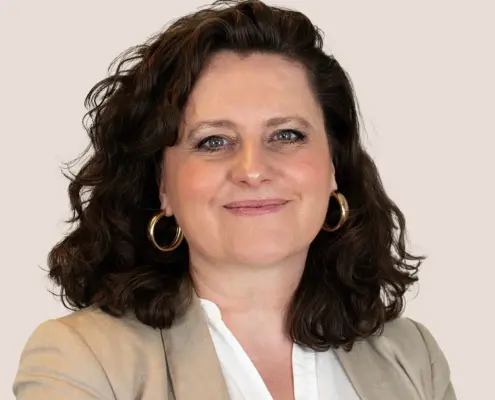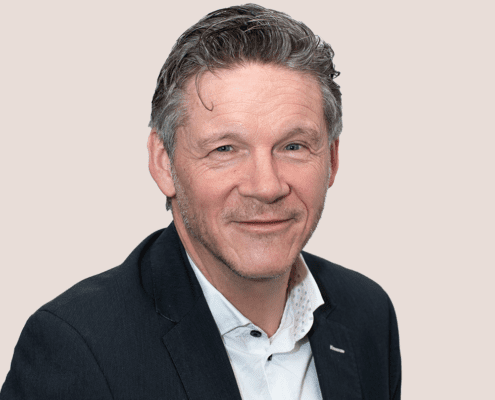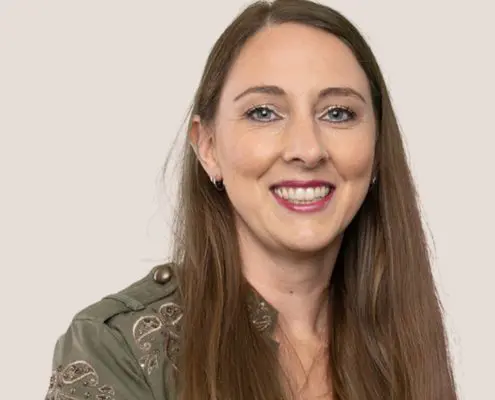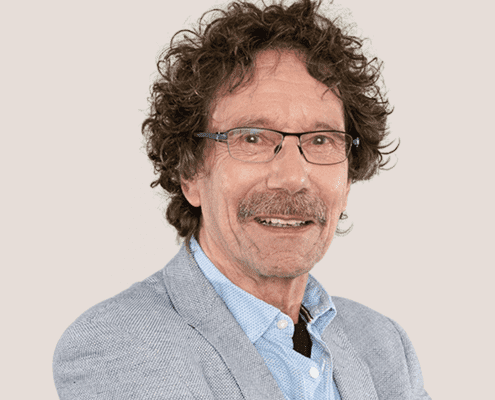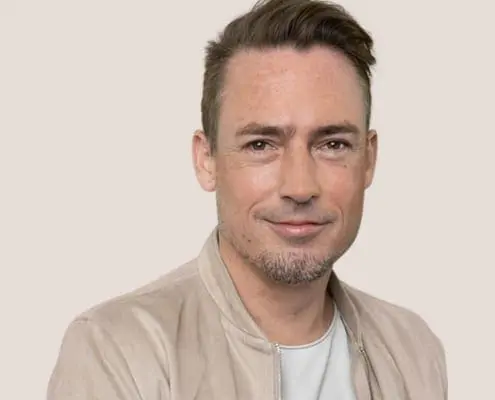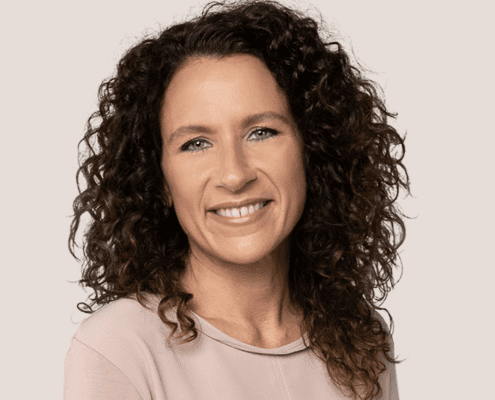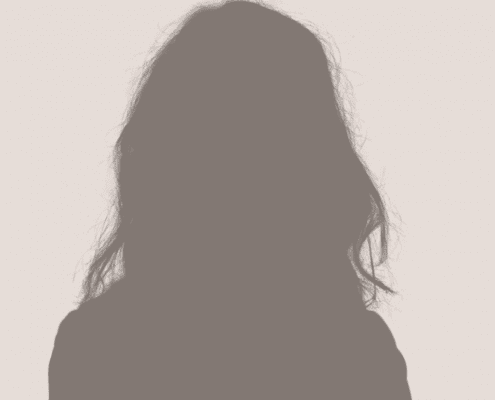 https://www.amsterdam-psycholoog.nl/wp-content/uploads/2020/04/Voornaam-Achternaam.jpg
1000
1000
admin
https://www.amsterdam-psycholoog.nl/wp-content/uploads/2019/11/Psychologen-amsterdam-logo.png
admin2025-04-23 14:17:262025-04-23 14:23:27Annemarie Keet
https://www.amsterdam-psycholoog.nl/wp-content/uploads/2020/04/Voornaam-Achternaam.jpg
1000
1000
admin
https://www.amsterdam-psycholoog.nl/wp-content/uploads/2019/11/Psychologen-amsterdam-logo.png
admin2025-04-23 14:17:262025-04-23 14:23:27Annemarie KeetAbout Obsessive-Compulsive Disorder treatment
Do you suffer from recurring, anxious thoughts and the feeling that you háve to perform certain actions to reduce this anxiety? Obsessive-compulsive disorder (OCD) can seriously disrupt your life, consuming a lot of time and energy each day. As a result, you may feel exhausted, but you may also experience feelings of shame, loneliness, sadness, and negative thoughts about your self-image.
OCD rarely disappears on its own, so seeking professional help is advisable. First and foremost, acknowledge that it has become a problem and that you do not need to feel ashamed. You may think you are the only one experiencing this, but OCD is a common disorder.
The goal of therapy is to help you handle your obsessive thoughts differently, regain control over compulsive behaviors, stop avoiding certain situations, places, or people, and ultimately regain a normal life.
Therapies for OCD
A psychologist can apply different forms of therapy during the conversations. The most commonly used therapy for OCD is cognitive behavioral therapy, but other forms of therapy can also provide relief.
Cognitive behavorial therapy (CBT) focuses on changing the unhealthy thought and behavior patterns that maintain your fears. During therapy, we will examine your obsessive thoughts and you learn to recognize that the anxious thoughts are not necessarily ‘true’. The therapy helps you view and evaluate these thoughts more realistically and teaches you that compulsive behaviors are not necessary to reduce your anxiety.
Cognitive behavioral therapy may also include exposure therapy, where you are gradually exposed to the situations, thoughts or feelings, that trigger your OCD under the guidance of a psychologist.
For example, someone who frequently checks if all the doors are locked before leaving the house, will practice checking only once and then leaving without going back to check again. Through these exercises, your brain learns that the feared catastrophe does not occur and that you can cope with anxiety without compulsive behaviors. This process helps reduce fear over time and breaks the vicious cycle of obsessions and compulsions.
ACT therapy (Acceptance and Commitment Therapy) is a form of behavioral therapy. With ACT you learn to deal with unpleasant feelings of fear in a flexible way, to take a healthy distance from fearful thoughts (Acceptance) and to take purposeful action to live a valuable life (Commitment), a life without fear.
The core of ACT is the idea that fighting against unavoidable circumstances comes at the expense of a valuable life.
If your obsessive-compulsive disorder is (partly) caused by a traumatic experience, the anxiety can also be effectively treated with EMDR therapy. During the treatment, you think back to the shocking experience while following the therapist’s moving finger with your eyes. This process occupies your ‘working memory’, causing the distressing memory to fade into the background, which reduces feelings of anxiety.
Breathing and relaxation exercises (body-oriented therapy) can also be used as support to learn to reduce your anxiety.
It is possible that one form of therapy is used, but a combination of different types of therapy is also a good option. At the start of the treatment process, you discuss with your therapist which form of therapy is best for you and your symptoms, and what feels comfortable for you. In this way, the treatment is tailor-made, so that you feel seen, heard and helped by us.
Contact Psychologen Amsterdam
Do you recognize your symptoms and do you need help or do you just have a question about the treatment of your OCD? Then call for an appointment or send a message to Psychologen Amsterdam.
| How can you, as a partner, family member or friend, help someone with OCD?
Helping someone with OCD is not easy, but support can make a big difference. Understand the disorder Be patient, open and non-judgmental Don’t participate in the compulsive behaviour Discuss a daily routine Encourage professional help |
Our specialists in the field of OCD treatment
What do we offer?
A safe and trusted place for therapy in Amsterdam
A warm welcome from our founder Anouk Taytelbaum.
We are here to help you.
What do we offer?
A safe and trusted place for therapy in Amsterdam
A warm welcome from our founder Anouk Taytelbaum.
We are here to help you.
Insurance cover
What do you have to pay?
No waiting list
We offer direct availability
Blended Care
Our effective eHealth approach!
System therapy:
relationship and family therapy
Anger & misunderstanding? Sometimes you are so stuck in negative patterns that you can’t work it out together anymore
Insurance cover
What do you have to pay?
No waiting list
We offer direct availability
Blended Care
Our effective eHealth approach!
Are you here for the first time?
We show you step by step how we work
System therapy:
relationship and family therapy
Anger & misunderstanding? Sometimes you are so stuck in negative patterns that you can’t work it out together anymore
Klanten vertellen
Client reviews
Zorgkaart NL
Experiences clients
News
Articles, movies and news
Qualifications
Our healthcare professionals are trained in Hollands most respected counselling institutions with years of experience in the GGZ, private and charitable sectors in and around Amsterdam. In addition, they are continuously trained and retrained, which is also an obligation to keep their registrations and memberships with various professional associations.
